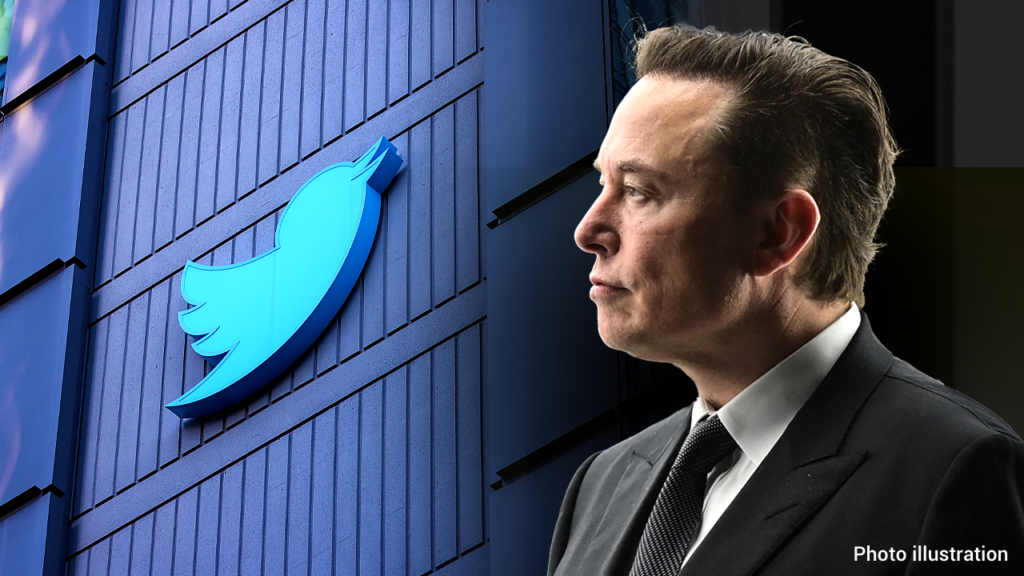|
Getting your Trinity Audio player ready...
|
A group of 17 music publishers in the US has filed a lawsuit against Twitter, accusing the platform of enabling copyright violations involving nearly 1,700 songs. The National Music Publishers’ Association (NMPA) is seeking more than $250 million in damages, claiming that Twitter “permits and encourages infringement” for profit.
In the lawsuit filed at the Federal District Court in Nashville, the NMPA alleges that Twitter continues to profit from unlicensed music without paying the necessary licensing fees. The association, which represents prominent firms such as Sony Music Publishing, BMG Rights Management, and Universal Music Publishing Group, argues that Twitter’s actions have given the platform an unfair advantage over competitors like TikTok, Facebook, Instagram, YouTube, and Snapchat, which abide by music licensing agreements.
NMPA President David Israelite stated that Twitter is the largest social media platform that has refused to license millions of songs available on its service, positioning itself as an outlier in the industry. Twitter has not responded directly to a request for comment from the BBC regarding the lawsuit.
The lawsuit also claims that since Elon Musk’s acquisition of Twitter in October 2022, the situation regarding copyright infringement has not improved. The NMPA alleges that Twitter’s internal affairs are in disarray, citing the downsizing of critical departments responsible for content review and the resignations of trust and safety chiefs Yoel Roth and Ella Irwin. The association further accuses Twitter of routinely ignoring known repeat infringers and infringements.
The appointment of Linda Yaccarino, former head of advertising at NBCUniversal, as the new boss of Twitter earlier this month raises hopes for improved business operations. Twitter has faced financial challenges and undergone significant workforce reductions, including teams responsible for tracking abuse, under Musk’s leadership. The company has also implemented changes in how it verifies accounts.
The lawsuit against Twitter highlights the ongoing battle between music rights holders and online platforms, emphasizing the importance of protecting copyright and ensuring fair compensation for artists. The outcome of the case will have significant implications for the future of music licensing on social media platforms.
The legal battle between music rights holders and online platforms regarding licensing on social media platforms continues to highlight the need for clearer regulations and fair compensation for artists. The outcome of the lawsuit against Twitter will undoubtedly have far-reaching implications not only for the platform but for the entire digital landscape.
Twitter’s alleged facilitation of copyright violations has raised concerns about the responsibility of social media platforms in policing copyrighted content. As the largest social media platform that has refused to license a vast catalog of songs, Twitter’s actions have drawn attention from industry stakeholders and regulators alike.
The music industry heavily relies on licensing agreements to ensure that artists and rights holders are fairly compensated for their work. By not obtaining proper licenses for the music shared on its platform, Twitter is accused of gaining an unfair advantage over its competitors who diligently adhere to copyright laws.
This lawsuit comes at a critical juncture as online platforms face increasing scrutiny over their role in protecting intellectual property rights. While the digital landscape offers new opportunities for artists to reach audiences and promote their work, it also poses challenges in safeguarding their creations from unauthorized use.
As the case unfolds, legal experts will examine whether Twitter can be held accountable for copyright infringements committed by its users. The outcome of this lawsuit will set a precedent for how social media platforms navigate copyright issues and may spur further discussions on the need for comprehensive regulations in the digital realm.
The music publishing industry is closely watching this case, hoping that it will send a clear message to other platforms about the importance of respecting copyright and compensating creators fairly. As the digital landscape continues to evolve, striking a balance between technological innovation and protecting intellectual property rights remains a complex challenge.
Regardless of the outcome, this lawsuit serves as a reminder of the ongoing struggle to establish clear guidelines and practices for digital platforms when it comes to copyright protection. It underscores the need for collaboration between industry stakeholders, policymakers, and technology companies to find sustainable solutions that uphold the rights of artists while fostering innovation and creativity in the digital era.
